 An action to quiet title allows a litigant to clear title or have the court establish title to a piece of real property where the title to that property is in the issue. Moreover, a quiet title action is not solely for the purpose of establishing a legal interest in real property but can also be asserted to establish an equitable interest in real property. For example, when two people claim that they own an entire piece of property, one of those parties may file a quiet title action to determine which one of the two persons actually holds title to the property.
An action to quiet title allows a litigant to clear title or have the court establish title to a piece of real property where the title to that property is in the issue. Moreover, a quiet title action is not solely for the purpose of establishing a legal interest in real property but can also be asserted to establish an equitable interest in real property. For example, when two people claim that they own an entire piece of property, one of those parties may file a quiet title action to determine which one of the two persons actually holds title to the property.
Sometimes, however, the other party will refuse to participate in the lawsuit, which requires a party to win by “default.” In those circumstances, a question arises about what is necessary to do to succeed. The law explicitly addresses these circumstances.
Specifically, Code of Civil Procedure section 764.010 provides: “The court shall examine into and determine the plaintiff’s title against the claims of all the defendants. The court shall not enter judgment by default but shall, in all cases, require evidence of the plaintiff’s title and hear such evidence as may be offered to respect the claims of any of the defendants, other than claims the validity of which is admitted by the plaintiff in the complaint. The court shall render judgment in accordance with the evidence and the law.”
 California Partition Law Blog
California Partition Law Blog


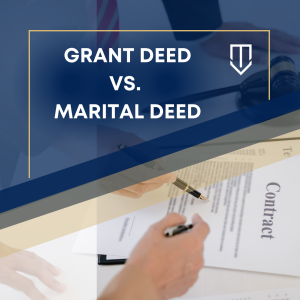 The deed to a property is the most important document a property owner has. It describes the title and its associated rights while operating as the conveyance of property itself. But not all deeds are the same, especially when marriage enters the equation.
The deed to a property is the most important document a property owner has. It describes the title and its associated rights while operating as the conveyance of property itself. But not all deeds are the same, especially when marriage enters the equation.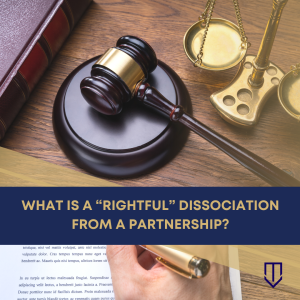 General partnerships, and their
General partnerships, and their 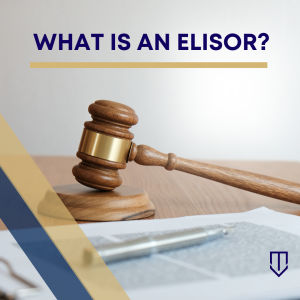 Just because a party prevails in
Just because a party prevails in  When co-owners of property decide they want to go their separate ways but cannot come to an agreement on a buyout or reimbursements, they can institute a
When co-owners of property decide they want to go their separate ways but cannot come to an agreement on a buyout or reimbursements, they can institute a 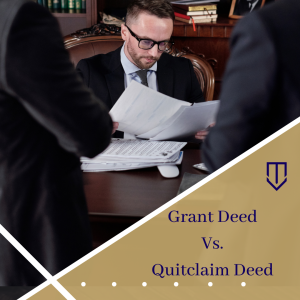 The deed to a property is the most important document a property owner has. It describes the title and its associated rights while operating as the grant of the property itself. But not all deeds are created equal.
The deed to a property is the most important document a property owner has. It describes the title and its associated rights while operating as the grant of the property itself. But not all deeds are created equal.  Co-owning property as tenants in common is the favored form of joint ownership in California. (
Co-owning property as tenants in common is the favored form of joint ownership in California. (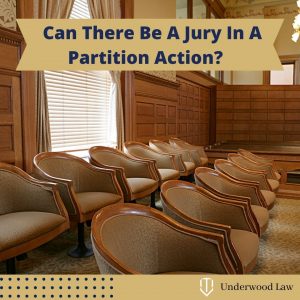 Generally speaking, no, jury trials are not available in partition actions because partition action lawsuits are generally based on equity and therefore do not need a jury trial to decide each party’s rights.
Generally speaking, no, jury trials are not available in partition actions because partition action lawsuits are generally based on equity and therefore do not need a jury trial to decide each party’s rights.